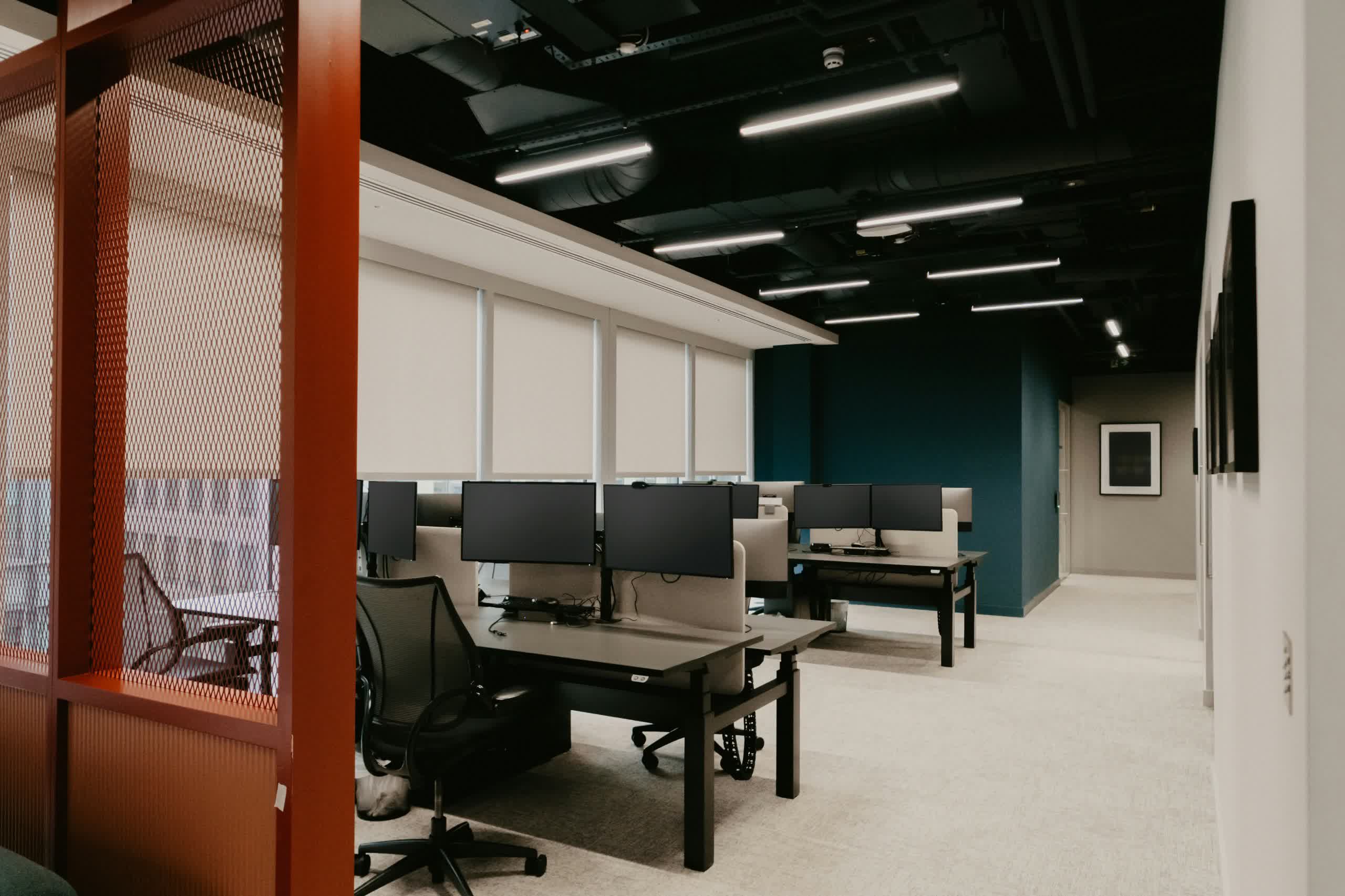In brief: If managers and CEOs need more reasons why implementing return to office (RTO) mandates is a bad idea, here they are: a new report found that companies with aggressive RTO policies lose more senior and skilled employees. Furthermore, these firms take longer to fill their job vacancies and their hire rates decrease.
Universities from the US and China collaborated on a paper titled Return to Office Mandates and Brain Drain, which tracked over 3 million tech and finance workers' employment histories reported on LinkedIn.
The study compared the effect of 54 S&P 500 firms' RTO mandates on their employee turnover and hiring.
The bottom line is that firms experience abnormally high employee turnover of around 14% following the implementation of RTO mandates. It's noted that the figure might be even higher in other industries given the better pay rates offered by tech and finance firms.
Related reading: Are return-to-office mandates actually masquerading as "quiet firing"?
A high turnover rate might not be too surprising, given the number of reports we've seen about Amazon's corporate workers leaving rather than being forced back in the office.
However, something that wasn't clear before is which employees are most likely to leave. The study shows that the increased turnover rates for these RTO firms are more pronounced in female, senior, and skilled employees.

The research suggests female employees were three times more likely to leave a company after an RTO policy is introduced due to family responsibilities. Senior and skilled staff are quick to depart as they usually find it easier to secure new jobs at companies that allow remote work.
It's not just a brain drain that RTO-focused companies have to worry about. The research shows hiring skilled workers to replace those who have left takes significantly longer. RTO firms take 23% longer to fill roles after an RTO mandate, and their hire rate decreases by 17%, according to the researchers.
"Taken together, our findings suggest that firms lose their best talent after RTO mandates and face significant difficulties replacing them," the report states.
The findings echo a previous study by the University of Michigan and the University of Chicago, which found a correlation between the departures of senior-level employees and the implementation of RTO mandates at tech firms such as Microsoft. Some left several months sooner than they might have without the policies, and many of them went to work for direct competitors, usually those that still allowed full-time remote work.
For all the anger against hybrid and full-time-in-office mandates, many companies continue to push the narrative that in-person work is more productive. Amazon has ordered its corporate workers back into the office five times a week starting next month, a move that is causing issues due to a lack of space. Dell, Tesla, SpaceX, Nothing, Boeing, UPS, JPMorgan Chase, and Goldman Sachs also demand pre-pandemic-style full-time office hours from staff.
Masthead: Toa Heftiba
Companies with strict return-to-office policies are losing top talent and face hiring delays
